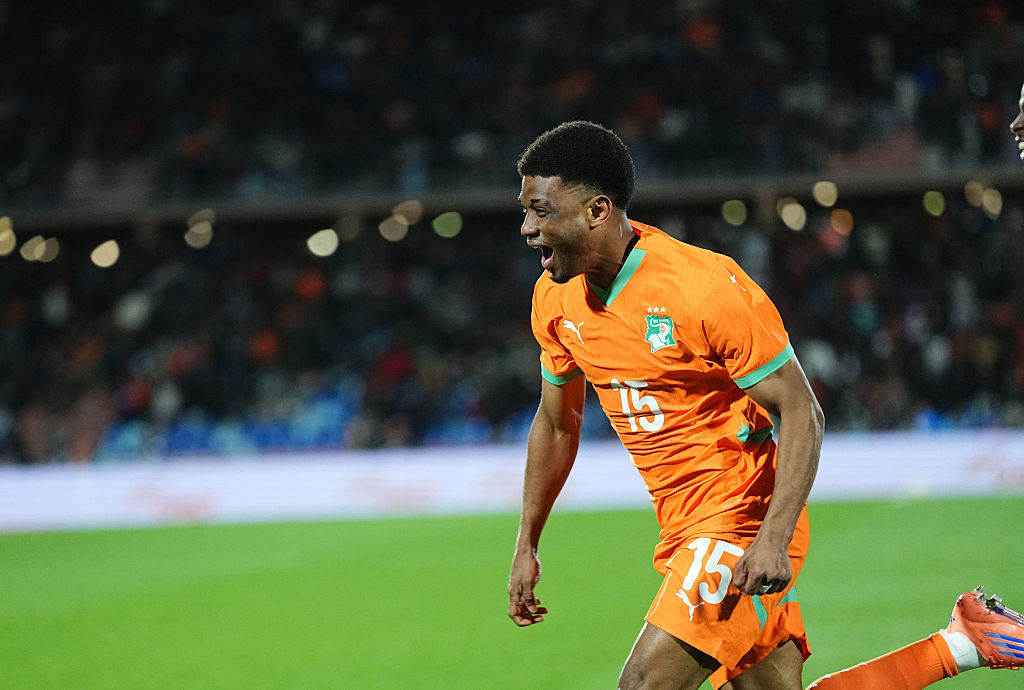How to win the Champions League
On August 4, Gerard Houllier did something he is very good at: he lectured people.
As technical director of the French Football Federation, he told French coaches, referees and players it was their duty to encourage attacking play. Such an address reflects the concern that Ligue 1 â where the most common result is 0-0 â is not providing a compelling enough spectacle to attract audiences.
HoullierâÂÂs point was specific to French club football yet applies, more broadly, to French, German, Italian and Spanish clubs determined to end EnglandâÂÂs dominance of the UEFA Champions League.
Man United reign in Russia
To win the competition in 2008/09 a team needs to score, on average, 1.5 goals a game â as seven quarter-finalists did in 2007/08. Building from the back is all very well. But to prosper in Europe, something more is required.
Consider Manchester UnitedâÂÂs record. They averaged 1.54 goals a game, conceded only one goal at home and, from the quarter-finals onwards, shipped only two goals away from Old Trafford (and that includes ChelseaâÂÂs equaliser in Moscow).
Away from home, especially against Barcelona in the semis, United played so cautiously that Stefano Cantalupi asked: âÂÂCatenaccio is an obsolete term but how else to define the tactics chosen by Sir Alex Ferguson for their trip to Catalonia?âÂÂ
The catenaccio charge stung United fans. But Cantalupi was praising United for being adventurous and attacking at home and, where appropriate, much more cautiously away. For Cantalupi, such pragmatism suggested that United had come of age.
All out attack, in the style of Real Madrid and Werder Bremen last season, is not the answer. (Nor is the âÂÂanti-footballâ of Rangers.) But Cantalupi believes Italian clubs must learn from United and Chelsea. That is why Inter have turned to Jose Mourinho, who conquered Europe with Porto by outguessing opponents.
Even for the artist formerly known as The Special One, this is a big ask. Cast your mind back to the 2007/08 knockout round. Against Arsenal in the last 16, Milan were out-thought, out-fought and out-paced by a technically superior team.
Even Kaka admitted that, in the second leg at the San Siro, Arsenal dominated the game for the last 70 minutes. Against Liverpool in the same round, Inter were even more toothless, with the resolute defender Ivan Cordoba their only impressive performer at Anfield. Neither Milan team even got on the scoresheet.
Arsenal put AC Milan to the sword at the San Siro
The best features, fun and footballing quizzes, straight to your inbox every week.
Barcelona looked as insipid up-front against United over 180 minutes of the semi-final with only Messi â and in two cameos Thierry Henry â looking as if they knew where the goal was and what it was for.
If EuropeanâÂÂs traditional empires are to strike back, they must be bolder at home in the knockout stages. Italian teams have never been as hooked on the 1-0 scoreline as the Motsons of this world would have us believe â in three out of the last five seasons the goals per game tally has been higher in Serie A than in the Premier League â but, on their home soil, they need to show the kind of conviction and menace in attack that beat Germany in the 2006 World Cup semi-final.
Counter-attacks are such a rich source of goals that Marcello LippiâÂÂs dictum about the importance of playing the most constructive ball into attack is more relevant than ever. The passing needs to be mixed up. Pretty short passes let opposing defences regroup. The accurate long ball that splits or circumvents a defence might prove more useful if Italian and Spanish sides are to impress.
Chelsea and United dominated last seasonâÂÂs tournament with pace, power and tactical acumen. Ferguson has shown the way. But it is not the only way.
Roma have become genuine contenders playing a more consistently entertaining style at home and away. If the Giallorossi can eliminate a few defensive lapses, keep Totti fit and not miss any penalties, they could go further still.
De Rossi balloons over at Old Trafford in 2008 quarter-final
Marshalled by Claude Puel, LyonâÂÂs target is to reach the semi-finals with the tournament taking priority over Ligue 1. Given the style Puel prospered with at Lille, itâÂÂs not clear if Lyon will return to the free-flowing football of the Santini/Le Guen era but he is toying with 4-2-3-1 with Benzema up front, a radical shift for a club that rose to power with 4-3-3.
To succeed, these contenders will also need to control the pace of the game, not letting Premier League sides play at the frenetic speed that suits them.
As Jonathan Wilson points out in his book Inverting The Pyramid, it is hard to see where the next tactical innovation will come from. There is a fashion for 4-6-0 but it is unlikely to see it replacing 4-4-2. PuelâÂÂs 4-2-3-1 may be more popular.
The worst thing French, Italian and Spanish sides can do is fall back on the defeatist mantra about Englishâ clubs wealth. Or insist that their football, though it doesnâÂÂt deliver trophies, is still technically superior.
Every league has its day â Serie A reigned in the 1990s â and it is not clear how long the Premier LeagueâÂÂs will last. It is hard, at this moment, to predict the next power shift, but there will be one.
The goal business
The top performers in the 2007/08 UEFA Champions League
